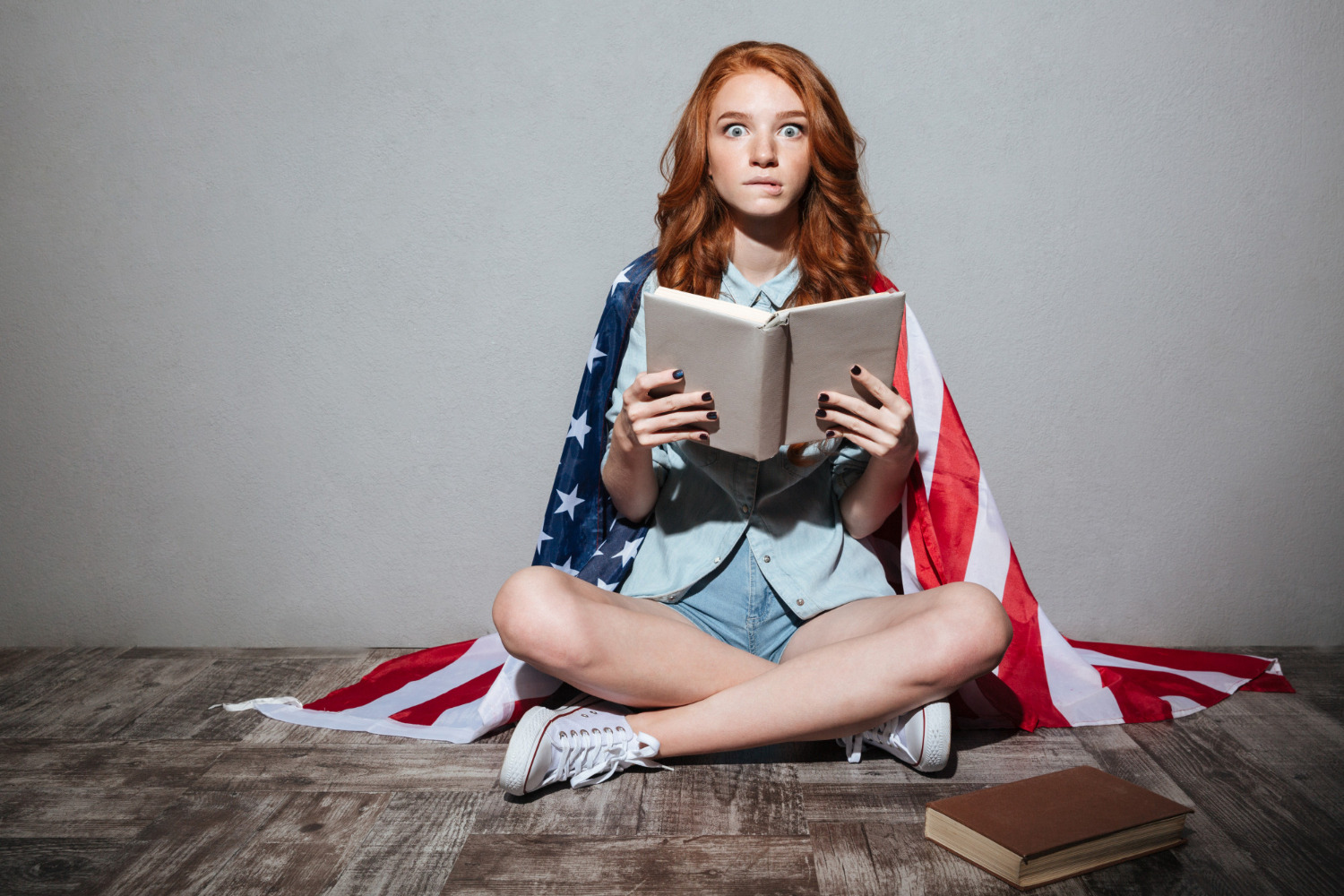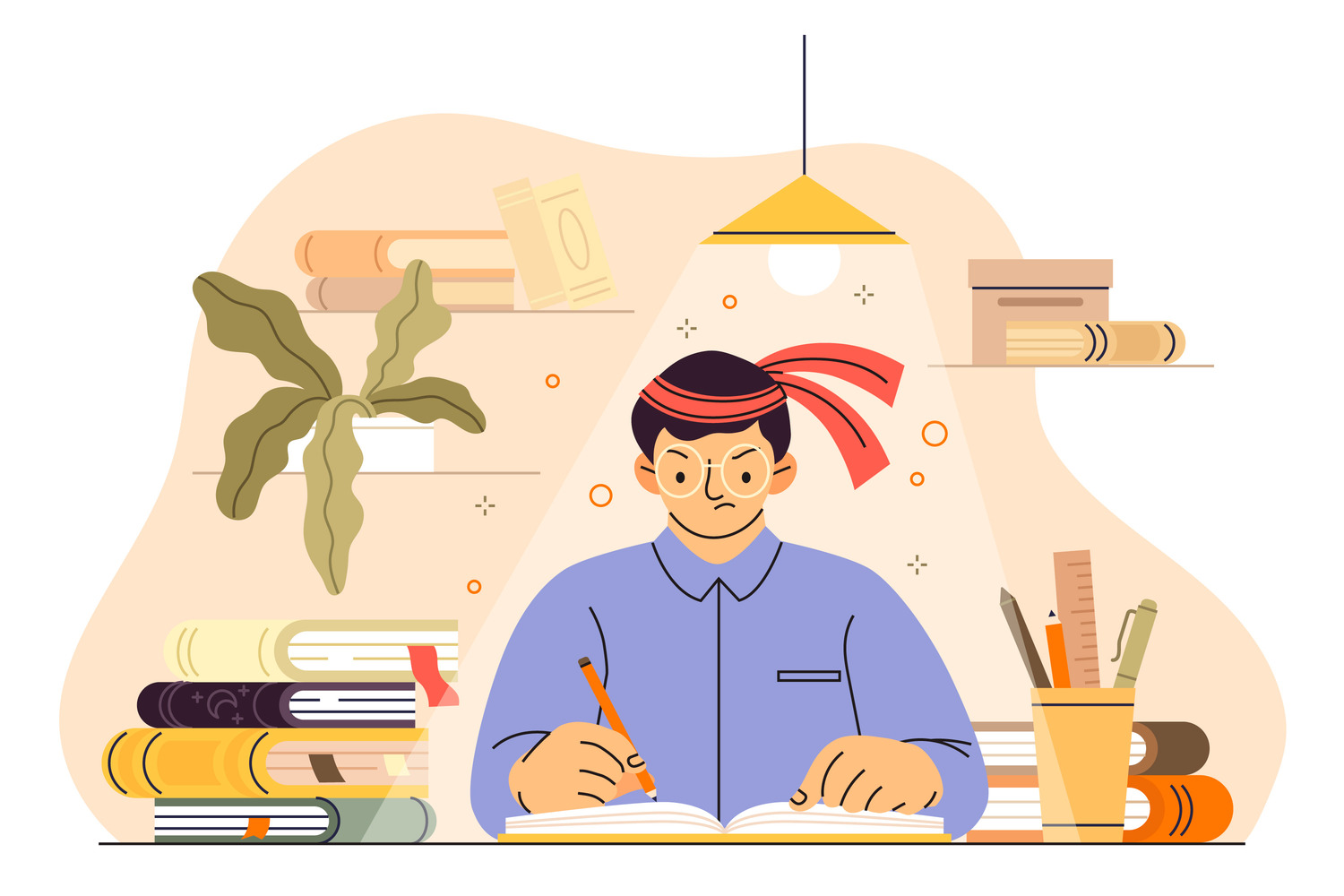BLOGS
How Important Comic Book Authors Brought Characters to Life
- April 30, 2025
- Updated: April 30, 2025
- 0 Comments

Comics is a medium that mixes art, history, and imagination for a long time, and important comic book authors are the sources behind. Every prestigious cartoon is a character in the heart, whether it is a superhero, a villain, or an anti-hero, whose symptoms, conflicts, and triumphs fascinate the audience around the world. But behind these unforgettable characters, some talented comic authors breathe them. These authors are not only responsible for creating compelling stories. They make characters such as echoes with readers at deep, emotional levels. Through their complex history, layered personalities, and thoughtful dialogue, these authors form characters that develop over time and leave permanent impressions. In this blog, we will find out how a comic book author provides and develops the characters that are in the test. So that they can only be more visible on one page.



How Comic Book Authors Craft Complex and Relatable Characters
Creating complexes and relative characters is an art form for master cartoon writers. Book Genie only goes beyond the archetypes. Dive into the depths of the personalities, motivations, and conflicts of their characters. By detecting subjects such as identity, morality, and personal development, they create multidimensional characters that feel real and human. Even though they have supernatural abilities. An important element is to provide reliable deficiencies and weaknesses to these characters. They only have more than symbols of strength or bravery, through their tasks, alternatives, and relationships with others. They are experiencing qualified developments, facing internal conflicts, and navigating the challenges repeated with the readers. Whether it is the responsibility of Spider-Man or conflict with the inner darkness of Batman, cartoon writers use these complications to build characters. That readers not only understand but also have sympathy for.Breaking Down the Creative Process Behind Comic Book Characters
The creative process behind the cartoon characters is a complex, multi-phase journey that combines writing, art, and collaboration. It starts from the author's point of view. Says who the character will be, what inspires them, and how they will develop throughout history. This character sketch includes everything from his moral compass to his deep concern, ensuring that they are not just -one-dimensional. Once the foundation is set, the character's design in the game is established. Artists interpret the author's vision through visual elements. Ensuring that the presence of the character corresponds to his personality and fictional role. Dialogues and interactions then help shape the character's voice, giving them the depth they need to resonate with readers. The associated nature of this process between the author, the artist, and the editor ensures that the character is dynamic and memorable, leaving a permanent impact on cartoon fans everywhere.From Concept to Creation: How Comic Book Writers Build Heroes and Villains
Creating unforgettable heroes and villains is not just about attractive powers or dramatic costumes. It's about creating characters with purpose, conflict, and depth. Cartoonists begin with a single concept: a personality characteristic, a moral dilemma, or an "IF" landscape. From there, they create inspiration, back history, and an emotional bow that breathes life into each form. A hero can rise from personal loss, while a villain may come from a distorted sense of betrayal or justice. Book Genie ensures that both sides feel human, compound, and reliable. By searching for internal conflict, values , and conditions, they make these characters reliable and effective. This balance and vulnerability make them more than fundamentalists - they become reflections of real human experiences. Through careful growth, cartoon writers make their ideas their heroes and villains. Readers can take root in and remember both.
How Comic Book Writers Transform Ordinary People Into Superheroes
One of the most remarkable abilities of cartoon writers is their talent for converting ordinary people into extraordinary heroes. These changes are not just about achieving superpowers - they are inherent in individual conflicts, defining alternatives, and internal development. Writers take on qualified with relative mistakes, fears, or dreams and place them under conditions that test their boundaries. Through loss, responsibility, or pure provision, these characters develop into symbols of hope and power. For example, Peter Parker was just a high school student before the tragedy. It inspired him to become Spider-Man. Cartoon writers understand that real bravery often begins with vulnerability. By weaving in emotional depth, genuine challenges, and moral dilemmas, the authors shaped the characters that inspire the readers. They remind us that greatness is not reserved for the properly.How Comic Book Authors Give Life to Their Characters
Creating a compelling character is not just about superpowers or attractive costumes - it is about heart, depth, and purpose. Important cartoonists understand this, and that is why his characters often feel incredibly real, even in the most fictional surroundings. Important comic book authors breathe into their works by giving them shortcomings, desires, fear, and personal struggles in their works. Through meaningful dialogue, internal monologue, and emotional arcs, they let readers join the characters at the human level. Whether he is struggling with Spider-Man or Batman facing his past, these stories are about identity reveals. The author of the cartoon also presents Master Pessing, the characters slowly, and lets them grow with the story. This balance of action and feeling converts fictitious characters into a cultural symbol.How Comic Book Authors Create Memorable Backstories
Cartoonist understands that a hero or villain is just as compelling as a trip that shaped him. These rear stories are beyond the original stories. They reveal inspirations, fears, shortcomings, and former trauma that define how the character interacts with the world around them. Whether it is Batman's childhood tragedy or the dark story of Magneto, these stories include emotional weight and moral complexity. Skilled authors weave these elements originally in history, allowing readers to understand and sympathize with the most unconventional characters. A well-designed back story not only explains the features of one character This elaborates on their humanity. Through individual conflicts, decisive moments, and defined alternatives, cartoon writers make a layered story. The readers remember for a long time after the previous page, converting fictitious individuals into mythological figures.How Important Comic Book Writers Challenge Character Tropes
While many characters in comics begin with famous templates. Building Hero, the villain, the sidekick -composed cartoon writers often go beyond these triches to make some fresh and unpredictable. They challenge traditional roles by adding depth, contradiction, and unexpected development to their characters. A villain can show vulnerability, or a hero can struggle with moral ambiguity. These authors break the shape and refuse the characters to remain dimensional. Through a nice story and a unique approach, they make clichés compelling. This bold approach not only separates their characters but also defines what a cartoon story can be. It is through this creativity that many most memorable and groundbreaking characters have appeared in comic history.How Character Design and Writing Go Hand-in-Hand in Comics
Character design and writing are two sides of the same coin when it comes to creating data from unforgettable comic books. Visual design gives a character its identity. Through costumes, facial expressions, asanas, and color choices. It is writing that gives them depth, purpose, and voice. An iconic form can draw attention, but it is the personality, inspiration, and dialogue designed by the author that the readers invest in. The most compelling comics were born with uninterrupted cooperation between the author and the artist. Where each design element reflects the inner character world. For example, a robust dress can reflect a disturbed past or reveal hidden vulnerability through a confident trend dialog. Together, design and writing sizes deliver characters with living, breathable personalities that do not live in the readers' minds. In comics, this is the right balance that transforms the sketch into a mythological history.
How Writers Balance Superpowers and Humanity in Comic Book Characters
No matter what really put, the impressive cartoon characters are not just except for their forces - this is the woven vulnerability between their strength. Important cartoon writers know that it is not enough to create a hero with unmatched abilities. There are emotional shades, moral conflicts, and inner turmoil that bring life to these characters. Pathhak alone is not connected to laser sight or telecasts - they are associated with fear of failure, choice of choice, or fear of conflict. Writers make us a careful balance by showing us humans behind the coat: a person who breaks with responsibility, grief, or self-confidence, not because of what they can do, not because of what they can do. Through these layered illustrations, the author reminds us that power does not exist in perfection - it exists in firmness.The Importance of Personal Struggles in Comic Book Character Development
One of the important elements that uses important cartoon writers to create reliable and compelling characters is personal conflict. These internal conflicts -this fear, crime, loss or identity -identity -characters deep outside the superpowers or brave deeds. The strength of a hero is often not in their ability to defeat enemies, but how they remove individual demons. For example, Peter Parker's crime about Uncle Ben's death improves his sense of responsibility, while Bruce Wayne's trauma runs his tireless struggle for justice. These emotional layers make the characters reliable and memorable. Skilled cartoon writers understand that readers connect more with weaknesses than with perfection. Facing individual challenges in a character's journey, the author converts them into multidimensional creatures that reflect the complications of the real world of human experience. This emotional resonance converts the data from the comic to a timeless icon that continues to motivate them.What Makes a Comic Book Character Timeless?
A timely cartoon character is just more than a dress or a superpower - it is a reflection of human spirit, struggle and development. They have the ability to develop over time during the main identity to separate these characters. Important cartoon writers understand this balance. They create characters that face relative conflicts - mix, identity, morality, and purpose - which makes them available for generations. Whether it is Batman's internal struggle or an unwavering hope for Spider-Man, these symptoms speak with readers at the individual level. The major authors re-evaluate these subjects while adapting to cultural changes, ensuring that the characters remain relevant without losing their essence. It is combined with stability, emotional depth, and flexibility, giving a permanent effect on a comic book character. Through the skills of important comic book authors, the qualified and becomes a permanent symbol in storytelling.How Comic Book Authors Explore Identity Through Characters
Hire a speech writer, they often make comic books reliable and multidimensional, deep in search of identity through their characters. By creating unique backstories, complex motivations, and internal conflicts, these authors allow readers to see themselves in the battles of their favorite characters. From the battle for Batman with his deep nature, both as a warrior and a diplomat, as a discovery of their role in the Wonder Woman world, hire a speech writer, they use these characters to detect self-kings, purposes, and related topics. These authors address questions about race, gender, and cultural heritage, which provide the opportunity to create different characters that reflect the complications of the reality of the real world. Whether it is through conflict with self-acceptance or embracing someone's powers, these characters often go on a development journey, which reflects the personal development many readers experience in life.The Psychological Depth Behind Comic Book Heroes and Villains
The psychological depth behind the cartoon heroes and the villains is one that actually separates them from the superficial characters. These numbers are more than just their powers or missing; They are deep people, their internal turmoil, past experiences, and emotional forms of fighting. Nayaks often struggle with conflicting desires - personal life, justice versus revenge. Take Spider-Man, whose sense of responsibility continuously struggles with his loss, making him one of the most reliable heroes. Villages are also rich in complexity. Their intentions come from pain, fear, or perverse ideals. Think of the tragic back story of the characters, such as Doctor Doom or Thanos, whose mission of power is driven by emotional wounds. These are complex psychological landscapes that make cartoon characters so memorable-views are reflected in both the victory and the conflict of these big-to-life characters, which makes a deep connection.How to Make a Wiki Page for Your Favorite Comic Book Character
How to make wiki page if you are a fan of cartoon characters. It's a great way to dive deep into your Wiki page for your favorite hero or villain and contribute to the comic world. To begin to gather important information about the character, think of their first appearance, creators, big history arcs, abilities, and relationships with other characters. It is also important to include remarkable quotes and events that form their journey. Next, classes such as "Biography," "Powers and Abilities," "Villain," or "Appearance" organize information logically. People looking for how to make wiki page, a wiki page thrives on the side courses, so remember to include comics from comics, interviews, and reliable sources. Finally, just to celebrate your favorite cartoon character, but also to preserve the legacy of future generations.



